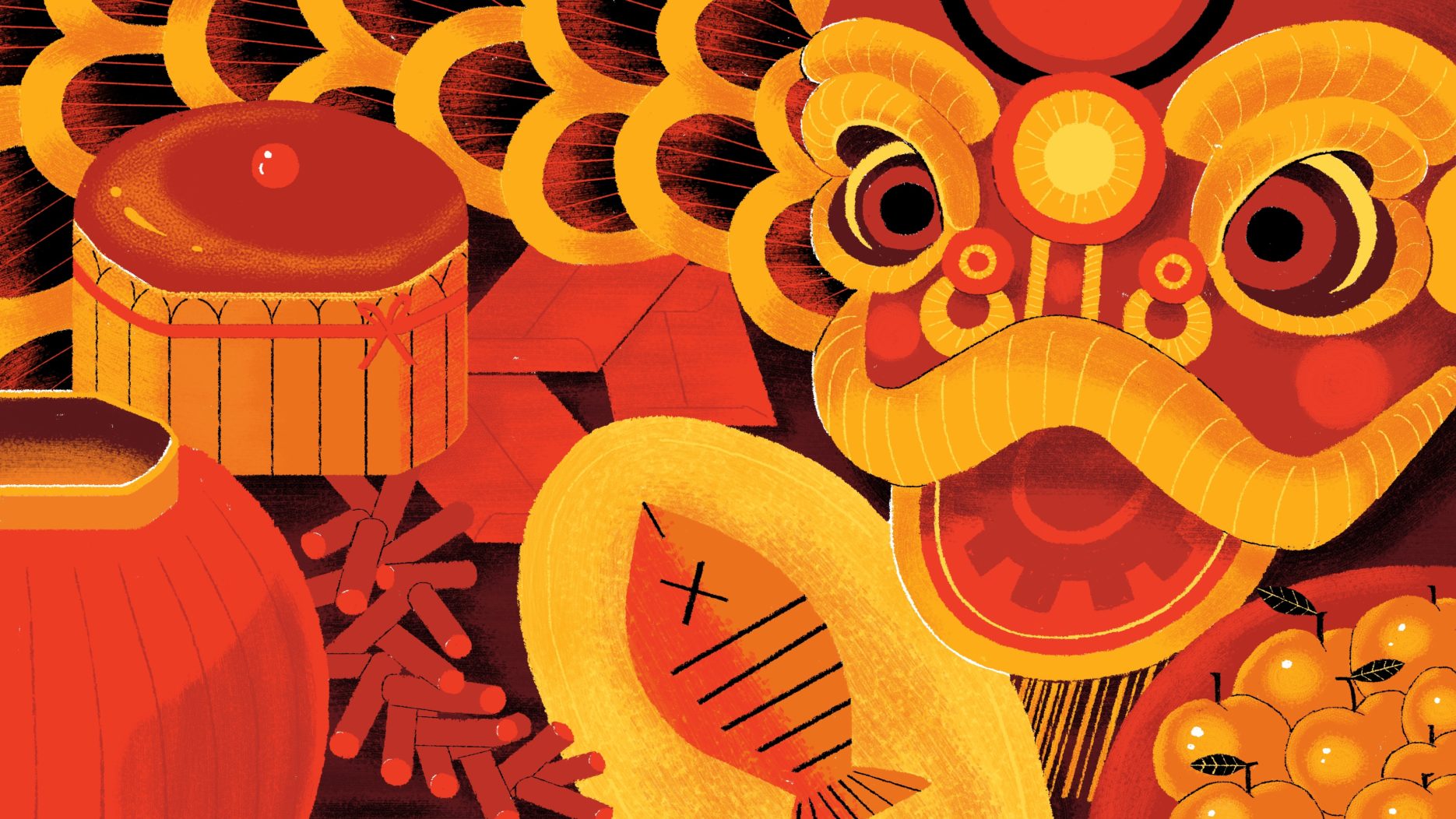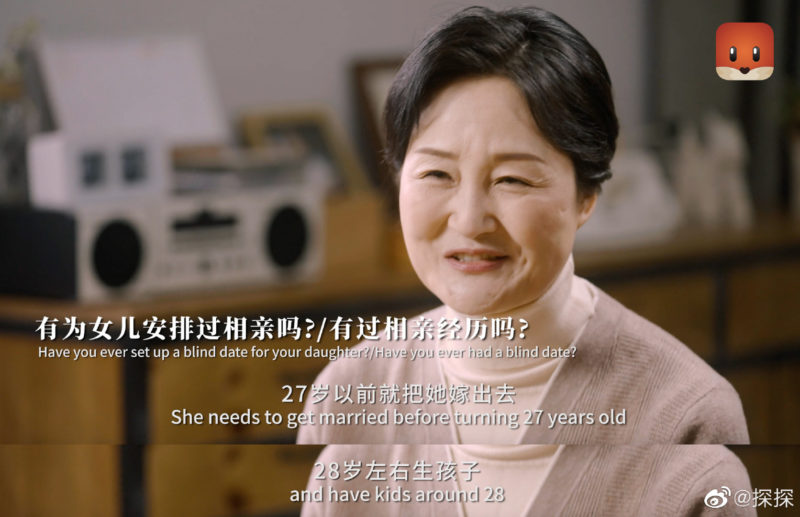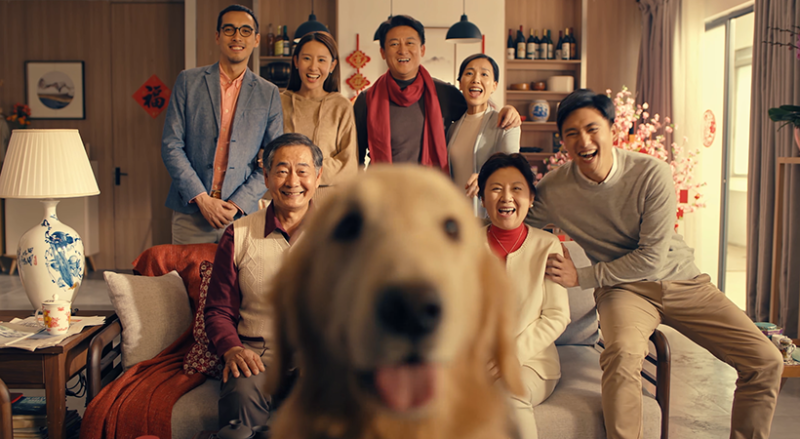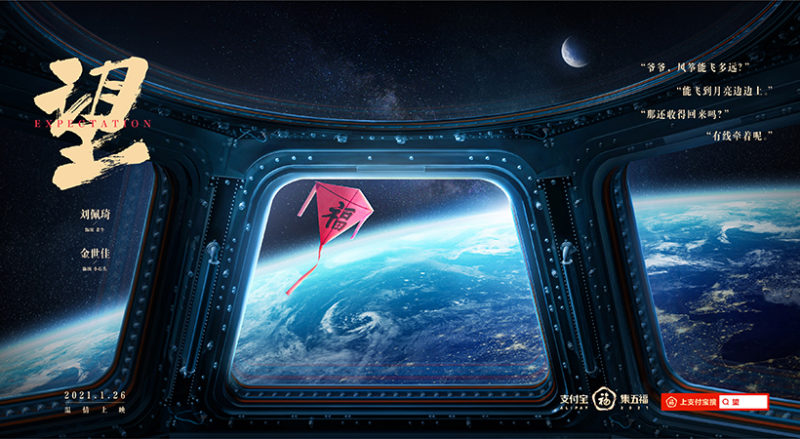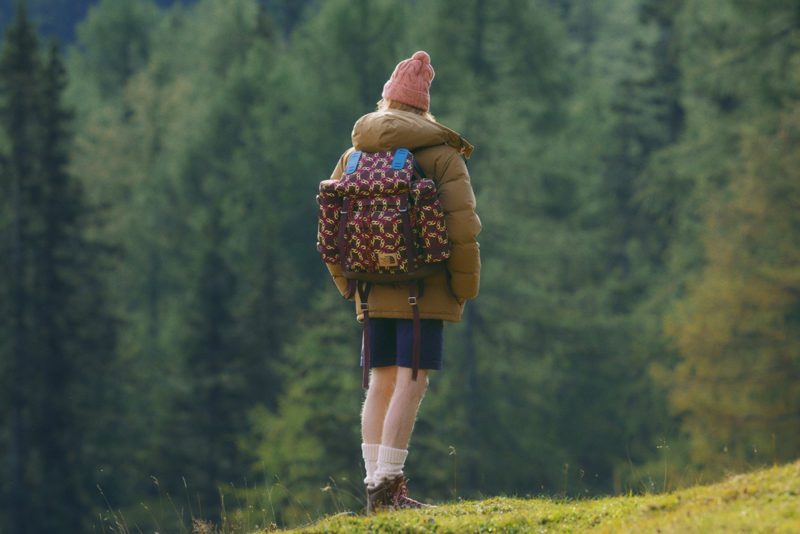Chinese New Year marks the biggest, most important (not to mention award-winning) campaigns of the year in China. We’ve collated a selection of this year’s campaigns from Chinese and Western brands and highlighted their cultural significance.
Adidas’ high energy campaign plays reference to lots of emblems of Chinese New Year – red and gold, dragons, lanterns, couplets and traditional Chinese blessings, as well as the zodiac year – the ox. The campaign features lots of big names including Jackson Yee, Eason Chan, Liu Yi Fei, Zhang Jun Ning and Wang Sheng Di.
Alibaba: My Mother is Coming 我妈来了
Alibaba’s video shows the difficult relationship children have with their parents which often comes to a head during Chinese New Year. Although the girl’s mother constantly nags her when she comes to stay, the girl eventually realises that this is all out of love and they cook a Chinese New Year meal together. It also touches on the theme of ‘reversed celebration’.
Alipay’s video appeals to several central parts of Chinese New Year celebrations – family, fireworks, Chinese New Year Eve dinner and wishing for luck as symbolised in the hidden coin in dumplings. Alipay highlights the difficulties that many Chinese people face in not being able to return home for the second year running due to COVID-19. It was also promoting Alipay’s successful ‘scan fu’ campaign which returned for the sixth year in 2021.
Apple’s short film which is shot on an iPhone tells the story of a young girl who goes out to the forest and makes friends with a monster known as ‘nian’. Like Burberry’s video, it focusses on the themes of nature and exploration, but it does also include some elements of Chinese New Year celebrations, e.g. rice cakes, fireworks etc. As part of its campaign, Apple released special edition OX AirPods for Chinese New Year.
Burberry: A New Awakening 心春由你
Burberry focusses on humankind’s connection with nature and the power of renewal during spring. COVID-19 and travel restrictions have resulted in a growing appreciation for the outdoors as shown by the massive uptake in exercise and activities like camping and skiing. Burberry’s Chinese New Year collection included an ox motif and its limited-edition bags were accused of looking like polypropylene bags by netizens.
Coca-Cola’s Chinese New Year advert, which is based on real-life stories, explores the experiences of three young people during Chinese New Year. It shows the challenges that some young Chinese feel when being reunited with their families, especially in light of COVID-19.
The campaign video for Douyin (Chinese TikTok) relies on cultural insights which are very specific to its Chinese audience. It features a little boy who is entering a lion dance competition but has lost the ball part of his costume which is essential for the dance. He tries to replace it with another object. His friend records a video of him performing and posts it on Douyin urging users to help him find the ball. The video goes viral and people across the Douyin community get involved in the search for the ball. Douyin’s campaign sought to highlight how anyone can be discovered on the platform if they are talented.
Ferrero Rocher’s video shows a girl introducing her Italian boyfriend to her family during Chinese New Year and him presenting them with a box of the brand’s chocolates.
Louis Vuitton’s campaign has little relation to Chinese New Year apart from featuring its special collection for the event.
McCafé launched a nostalgic marketing campaign which featured one of post-95’s favourite childhood TV shows, The Big Pinwheel 大风车.
Midea x Peace Elite: Midea Call You Back Home for Dinner 吃啥子鸡
吃鸡 is gamer’s talk for Peace Elite (the Chinese version of PUBG) and the campaign plays on the phrase which also means to eat chicken. The boy’s parents read his WeChat Moments which says “everyday 吃鸡” and misunderstand it thinking that their child has a love for chicken and start cooking chicken for him. The boy tries to explain the misunderstanding, but his sister encourages him to brush it under the table because she doesn’t want the hard work of their parents to go underappreciated.
China is home to 665 million gamers and the campaign shows how powerful the industry has become, hence why brands from other industries, such as Midea, one of China’s largest electrical appliance manufacturers, are keen to partner with gaming brands. The video also highlights the importance for brands to understand key buzzwords, many of which derive from gaming talk.
Oreo’s campaign featured its new lychee biscuits which have been launched for Chinese New Year with packaging which contains an image of an ox. Oreo biscuits are cleverly integrated into Chinese New Year celebrations as they form the base of drums, firecrackers, lanterns, dragons, decorations and snacks. Read more about Oreo’s campaigns in China.
Papa John’s video tells the story of a determined grandfather whose biggest wish is to prepare something special for his granddaughter, who is coming to visit during Chinese New Year. He knows that her favourite food is pizza, but, has no idea how to cook it so seeks the help of a Papa John’s master. This year, Papa John’s will launch a pizza that uses beef as the key ingredient to symbolise entering the new year of the Ox, to wish for a ‘bullish’ year that is full of luck.
Perfect Diary: You’re Beautiful 老妈出逃日记
Perfect Diary’s video features a popular relationship advice account on WeChat called Xin Shixiang (新世相) and shows a mother’s relationship with her daughter. It highlights the theme of family and the conflicts that often arise when children return home to their family during the festival.
Tantan’s campaign video explores the topic of ‘marriage pushing’ 催婚, i.e. parents and grandparents constantly nagging their (grand)children to get married to a ‘suitable partner’, an issue which often comes to the forefront during Chinese New Year. The dating app conducted an experiment which explore the differing attitudes towards love and marriage between the two generations.
Xiaohongshu: Cook a Meal for Your Loved Ones 为爱的人做顿饭
Blogging platform Xiaohongshu’s film explores the emotional connections formed by cooking. It is based on real-life stories from individuals who are part of the platform’s community and is a homage to the growing popularity of this genre of content on Xiaohongshu.
Yili: A Joyful Gathering 百家聚欢笑
Milk brand Yili’s campaign specifically appealed to people who were unable to return home this year to celebrate Chinese New Year due to COVID-19. Yili’s video shows that, despite the dampener on festivities, people could still enjoy celebrations with those who live close to them.
For more insights, watch a recap of our event ‘2021 Chinese New Year Ads Unpacked’:
Join our next BYOB event ‘Chinese New Year on WeChat’ in collaboration with ChatLabs on March 3. We will discuss how brands have leveraged cultural insights and WeChat as a digital marketing tool in an array of Chinese New Year campaigns.
Read more:




